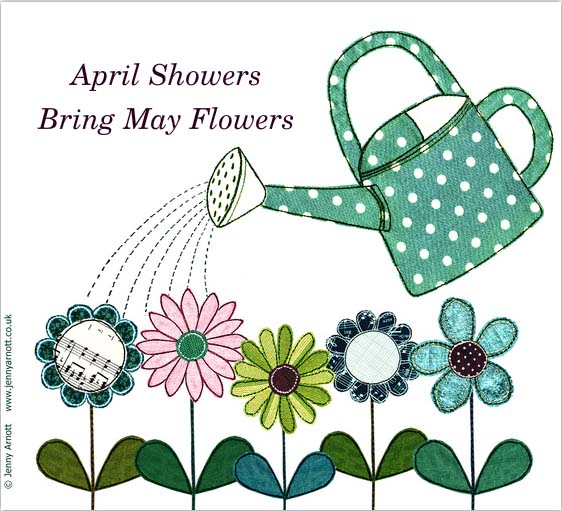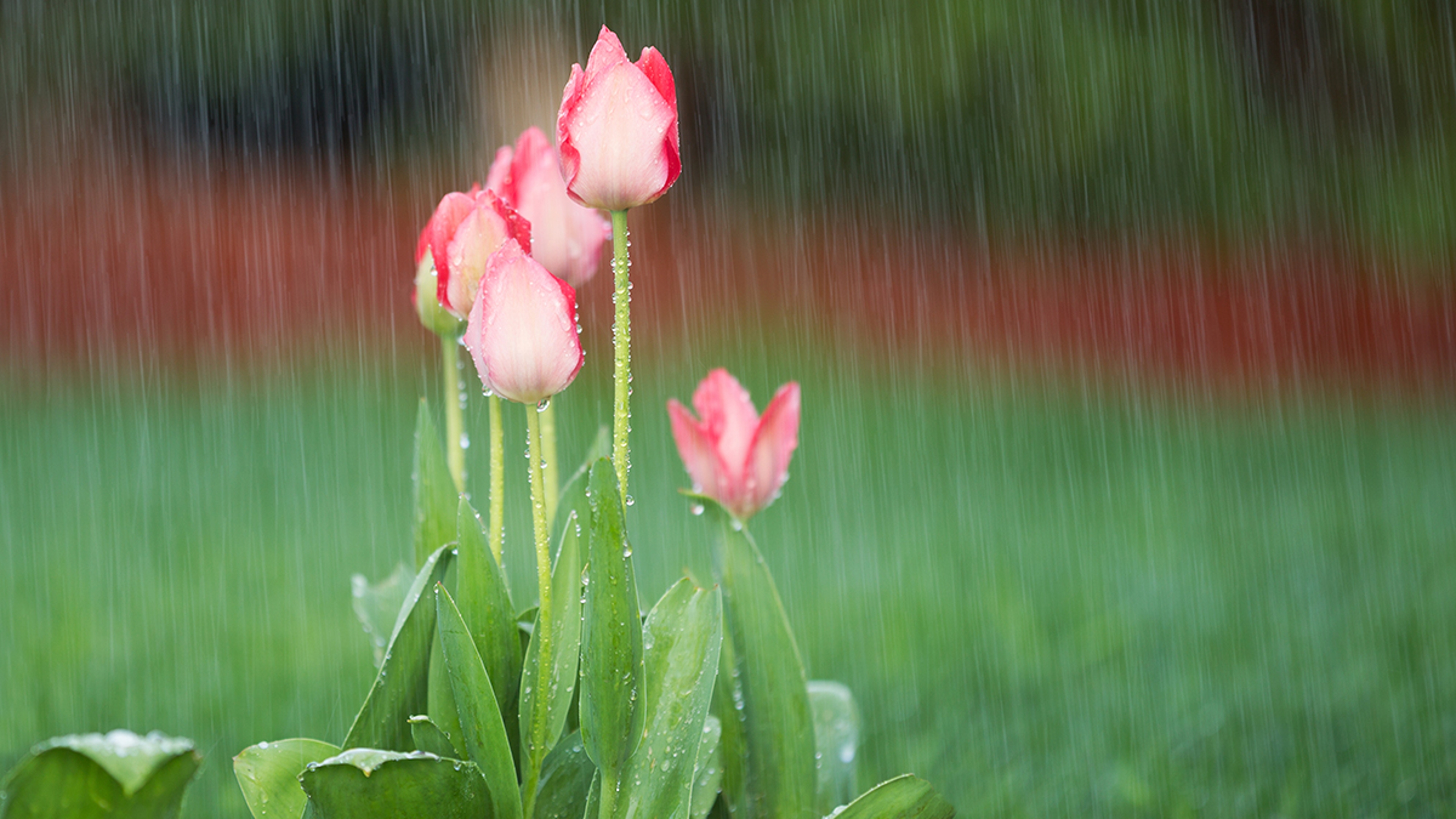The Origin of 'April Showers Bring May Flowers'
The age-old saying has been around for longer thank you think!
Mar 09, 2024
Once April 1 comes around, it’s time to take out of storage those rain boots, umbrellas, ponchos and, of course, vases for spring flowers. The age-old saying “April showers bring May flowers” still holds true today. But just how did this fun saying originate?
Let's dive into the history of this poem and prepping for the rainy months ahead.
"April showers bring May flowers": A history

The phrase "April showers bring May flowers" originated in 1157, in the form of a short poem written by Thomas Tusser. The poem can be found in the April section of a collection of his writings titled "A Hundred Good Points of Husbandry." It goes: "Sweet April showers, do spring May flowers."
While this poem is clearly a direct ancestor to the version we know today, let’s travel back in time a bit further to the end of the 14th century, when the legendary poet Geoffrey Chaucer had his own say on the month of April in his famous collection of stories "The Canterbury Tales."
Chaucer’s version goes as follows:
Original
“Whan that Aprill, with his shoures soote
The droghte of March hath perced to the roote
And bathed every veyne in swich licour,
Of which vertu engendred is the flour;”
Translation
“When in April the sweet showers fall
That pierce March's drought to the root and all
And bathed every vein in liquor that has power
To generate therein and sire the flower;”
As we can see, Chaucer speaks of April in relation to March rather than May. So, while Thomas Tusser is regarded as the father of this saying, it certainly could be said that Geoffrey Chaucer is the grandfather!







